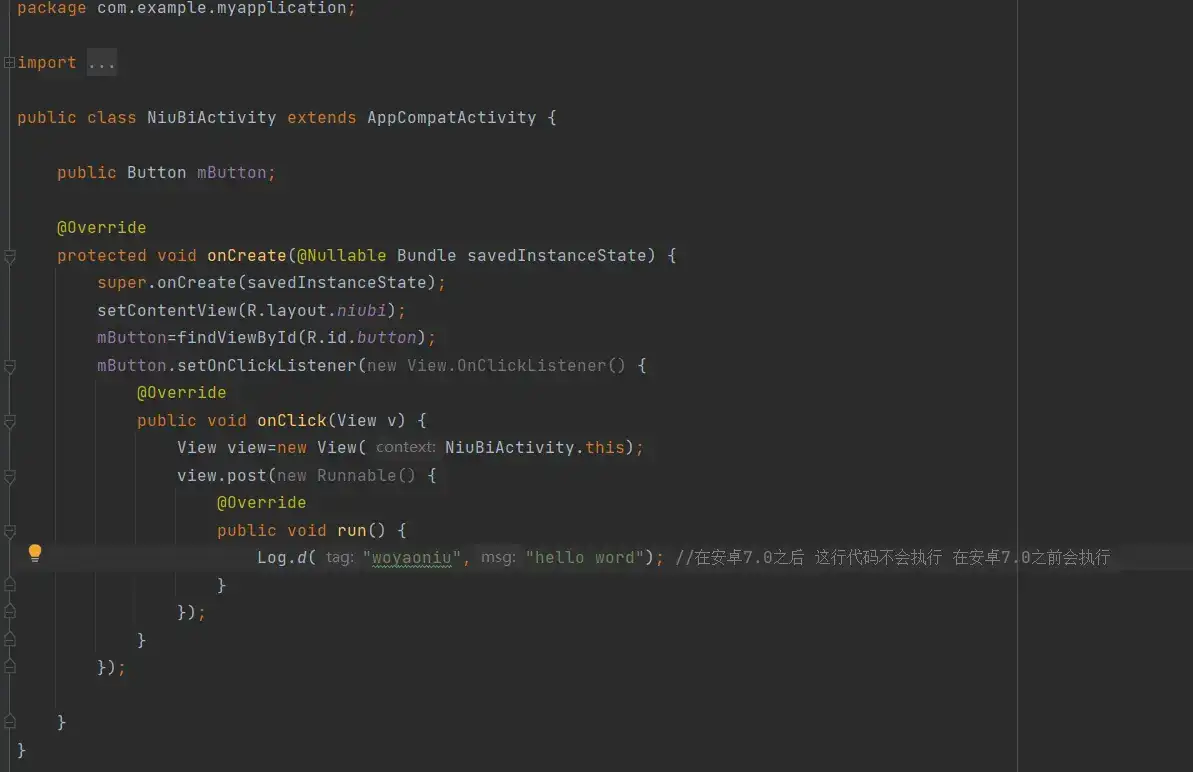Kotlin Lambda Expression: A Comprehensive Overview
2023-12-25 04:03:22
Kotlin, renowned for its expressive syntax, has revolutionized Android development. Lambda expressions, a powerful feature of Kotlin, play a crucial role in this transformation. In this article, we delve deep into the fascinating world of Kotlin lambda expressions, exploring their inner workings and uncovering the magic behind their compilation into bytecode.
Lambda Expressions in Kotlin
Lambda expressions, also known as anonymous functions, are a concise way of defining functions inline, without the need for a dedicated function declaration. They are characterized by their brevity, flexibility, and the ability to be passed as arguments to other functions or stored in variables.
Compilation of Lambda Expressions
When Kotlin code is compiled into bytecode, lambda expressions are translated into special inner classes that implement the Function interface. These inner classes contain the code for the lambda expression and are responsible for capturing any variables from the surrounding scope that are referenced within the lambda.
Benefits of Using Lambda Expressions
Lambda expressions offer several advantages in Kotlin development:
- Code Conciseness: Lambda expressions eliminate the need for separate function declarations, resulting in cleaner and more concise code.
- Improved Readability: The inline nature of lambda expressions makes it easier to follow the flow of code and understand the intent of specific sections.
- Higher-Order Functions: Lambda expressions empower developers to create higher-order functions, which can take other functions as arguments or return functions as results.
Lambda Expressions in Android Development
Lambda expressions are extensively used in Android development for various purposes, including:
- Event Handling: Lambda expressions provide a convenient way to define event handlers for UI elements, such as buttons and text fields.
- Data Manipulation: Lambda expressions can be employed for data transformation, filtering, and sorting, thanks to the powerful features of Kotlin's standard library.
- Background Processing: Kotlin's coroutines, which utilize lambda expressions heavily, enable developers to perform asynchronous tasks without blocking the main thread.
Conclusion
Lambda expressions in Kotlin are a versatile and powerful tool that enhance code expressiveness, readability, and maintainability. Understanding their compilation process into bytecode provides a deeper appreciation for their inner workings and enables developers to leverage them effectively in Android development. By mastering lambda expressions, Kotlin developers can unlock the full potential of this transformative language and create elegant and efficient code.



